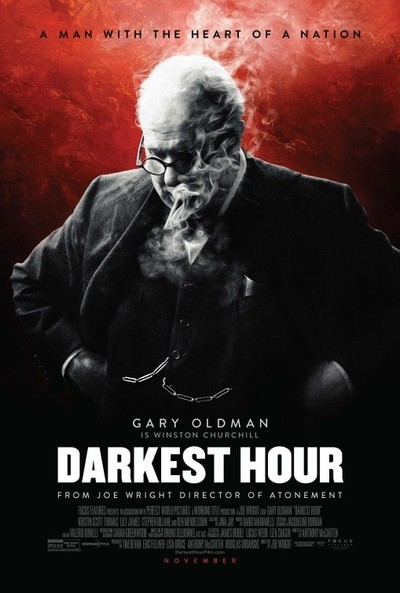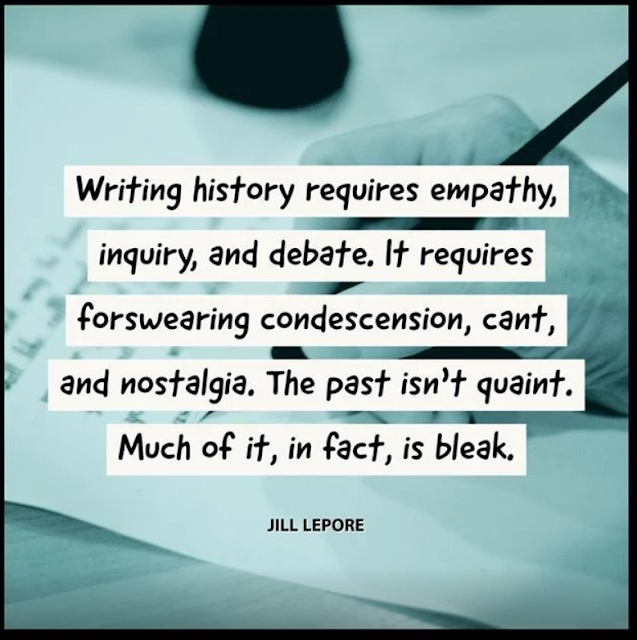This is the cover of Flashback Canada, the history book they handed me to teach a grade 8 class during my teaching practicum in Peel in 2003. I wasn't a Canadian citizen when this piece of propaganda was handed to me and I was told, as an agent of the system, to indoctrinate the class (most of whom were also new Canadians) with this violently untrue rendition of Canadian Federation.
I can't find the full illustration from inside the book (it's a two page spread!) but I recall it had indigenous groups in traditional garb, unaccompanied women and many BIPOC characters fictionally back-written into the narrative of a multi-cultural Canadian history that never happened. Teaching this "we've always been multi-cultural" myth of Canada made me very uncomfortable so instead of teaching the text I found some other historical images of Confederation done close to the time and then the students and I looked at the differences between the textbook's rendition and other historical documents. As you might have guessed, Canadian Confederation in 1867 was a lot of white dudes (because they were the only people considered as people under the law - no one else could vote or politically mattered):
How did this play with a lively, very multi-cultural class of grade 8s in 2003? Code-switching wasn't a common term back then but many of the BIPOC students talked about how stuff like this makes them doubt their own experiences with racism in Canada. This made my older, white Canadian supervising teacher uncomfortable. These days I'm sure she would be on board with the current 'woke' white settler types who want to make make a lot of noise in this moment that will quickly fade to leave us with our lousy status quo again. Dwelling in the discomfort by prompting discussion and then making systemic change as a result is a way to move beyond our reflexive need to retain a status quo built on lies.
I've talked about historical prejudice before on Dusty World but the events currently happening in Canada are bubbling it all to the surface again, though I don't understand why anyone is so surprised by them. These children disappeared in plain sight and reports of the nastiness of religious residential schools aren't new. Choosing to be surprised by them now feels like political spin. Part of that latest push is to cancel Canada Day but this politically divisive move only shames anyone who disagrees while amplifying the voices of those who want to leverage this disaster for their own political ends.I've heard (smart, historically aware) people advocate for cancelling Canada Day because aboriginal families are mourning the recent discovery of thousands of children's graves from the Canadian religious residential school genocide, but the only people reeling from this 'discovery' are politicized left-wing Canadians who have now decided to (loudly) acknowledge this hiding-in-plain-sight colonial history. I doubt native families are 'stunned' by these 'findings' as they've been living them for generations. This 'white surprise' must seem disingenuous.
I'm left wondering if children's history text books are still as multi-culturally white-washed as that one I was handed in 2003. My approach to that lesson caused friction with my (white, established-settler Canadian) teacher-mentor. Teaching rote curriculum out of prejudiced texts works much like taking down statues and cancelling holidays: it's an effective way to revise historical fact to suit the current political narrative which is itself a nasty piece of work.
In the next two centuries the selfish decisions made by current generations around rampant overpopulation, wasteful consumption of resources and pollution of our limited ecosystem will make any previous genocides look tame, yet we're quick to burn anything historical that doesn't meet our myopic ethics. That well-travelled, carbon spewing first-worlders who hop into their 4x4 SUVs wearing sweatshop made clothing are so loudly self righteous is another example of temporal prejudice, but then you don't see a lot of humility or self-awareness in history.
It's easy to criticize previous generations without making any attempt to contextualize their decisions in the time that they were made. This temporal prejudice is every bit as corrosive as racial or gender prejudice. Mass consumers waving social justice flags while making decisions that will kill billions in the future are just as blind to their own contextual short-comings. Wouldn't it be something if everyone tried to overcome the pomp and circumstance of history with humility, honesty and fairness?
Cancelling holidays that are guaranteed for you but not for others at the rough end of the socio-economic spectrum reeks of privilege, while taking down statues and renaming things is more about rewriting history to make it less uncomfortable than it is about making any genuine systemic change. What we should be doing is legally deconstructing confederation and taking the colonial prejudices out of Canada's political structure. First past the post British electoral systems prop up old prejudices and should be dismantled but won't because party 'representatives' that could make the changes won't because the status quo is what handed them power.
The nastiness of Canadian colonial history isn't easy to stomach but throwing a cancellation blanket over it isn't going to solve anything; we need to dwell in this discomfort if it's ever to prompt real systemic change. Politically driven divisive ideas like cancelling national holidays and renaming everything to make it less offensive is more likely to support the status quo than change it. We'll never overcome historically prejudiced propaganda by spinning more of it. Real change has to happen at the legal level or we'll just keep spinning lies to maintain this poisonous politically charged status quo.
FOLLOWUP
This is still on my mind weeks later as I watch people struggling with how to approach this new awareness. As a 'new' Canadian I'm finding the loudest white voices in this come from the most established (privileged) white Canadians who are struggling with family histories that are interwoven with Canada's vicious colonial history.
Stats Canada has some interesting breakdowns of Canada's immigration history. What has me thinking about this from an alternate perspective is that Canada isn't just a colony. For the vast majority of Canadians today Canada is the place that took them in when their own homes wouldn't or couldn't. To present modern Canada as just a colony is divisive and untrue, it's so much more than that for the vast majority of its population which includes people of creeds and cultures from all over the planet.
For a poignant realization on modern Canada's place in the world you should make a point of going to Pier 21 in Halifax. Only a tiny percentage of the people who live here came with expansion of empire in mind, though that isn't how media (social or otherwise) seems to be dealing with it. For the people dealing with some murky family history I sympathize, but your Canada isn't my Canada.
When we came back from Japan in 2000 we attended an international festival on Toronto's waterfront. After years living in one of the most mono-cultural societies in the world this burst of international expression was very moving. As I stood there on the edge of Lake Ontario watching Brazilians express their own culture freely and beautifully in their adopted country that is increasingly built on an international cultural mosaic, I teared up. That's perhaps the greatest strength modern Canada has: it shows the way to a future where we can all live together. Embarrassed descendants of colonist Canadians shouldn't be able to dictate the narrative of this latest chapter in Canada becoming a more perfect version of itself - they've been doing that for too long as it is.
Even though I'm from England I find Canada's adherence to old British habits (first past the post, how our constitution ignores founding cultures) incredibly frustrating. The most Canadian thing we could do is, as I suggested previously, crack open the British North America Act one last time and create a modern Canadian constitution that is the most radically inclusive charter of rights on the planet. First Nations people should have the same legal leverage that Quebec has. With that leverage you'd never see another 'Indian Affairs' ministry - you'd see First Nations doing what Quebec has done: leveraging the constitution to ensure equity under the law.
RESOURCES
https://blogs.umass.edu/linguist/secret-path-residential-schools-reconciliation/"Come learn about indigenous people’s history that you probably weren’t taught in school..."https://www.cbc.ca/news/canada/north/first-nations-right-to-vote-granted-50-years-ago-1.899354
https://www.cbc.ca/kidscbc2/the-feed/why-it-took-so-long-for-women-to-get-to-vote-in-canada
https://www.thecanadianencyclopedia.ca/en/article/confederation
"Indigenous peoples were not invited to or represented at the Charlottetown and Quebec Conferences. This despite the fact they had established what they believed to be bilateral (nation-to-nation) relationships and commitments with the Crown through historic treaties. (See also: Treaties with Indigenous Peoples in Canada; Royal Proclamation of 1763.) The Fathers of Confederation, however, held dismissive, paternalistic views of Indigenous peoples. As a result, Canada’s first peoples were excluded from formal discussions about unifying the country."
You won't find anyone on the Canadian Encyclopedia page who isn't an old white dude because they are the ones that confederated Canada, specifically while denying anyone who wasn't from their background any participation. Re-writing history to ignore what actually happened isn't a great way of learning from those mistakes.











